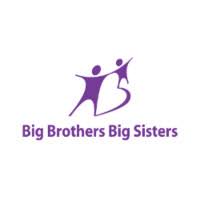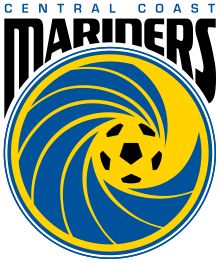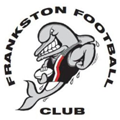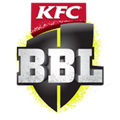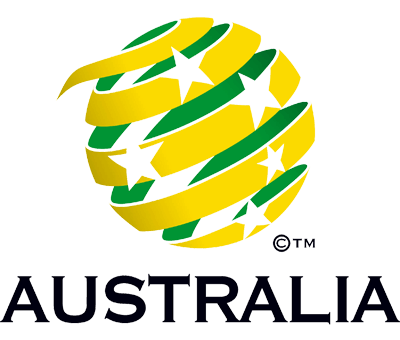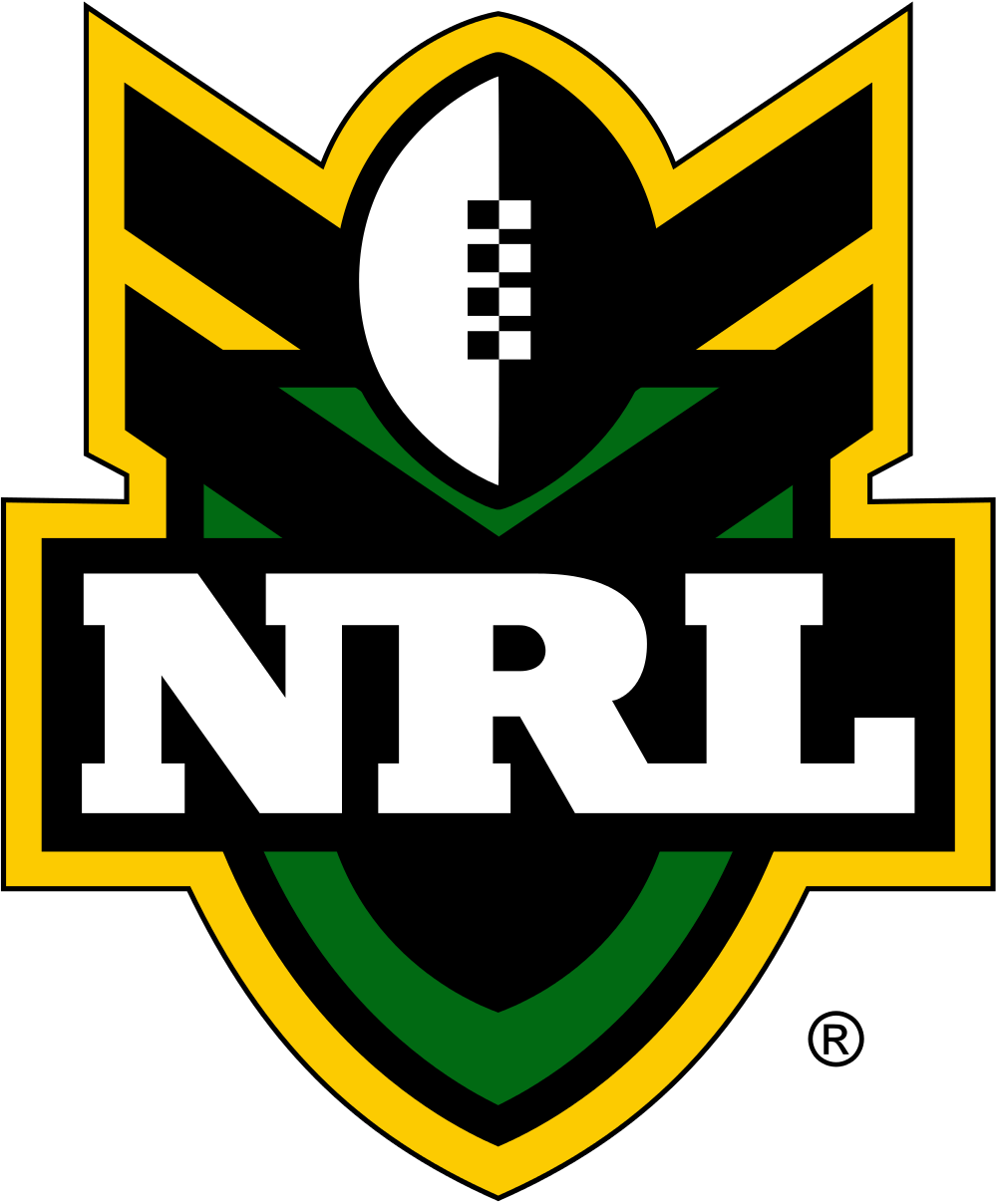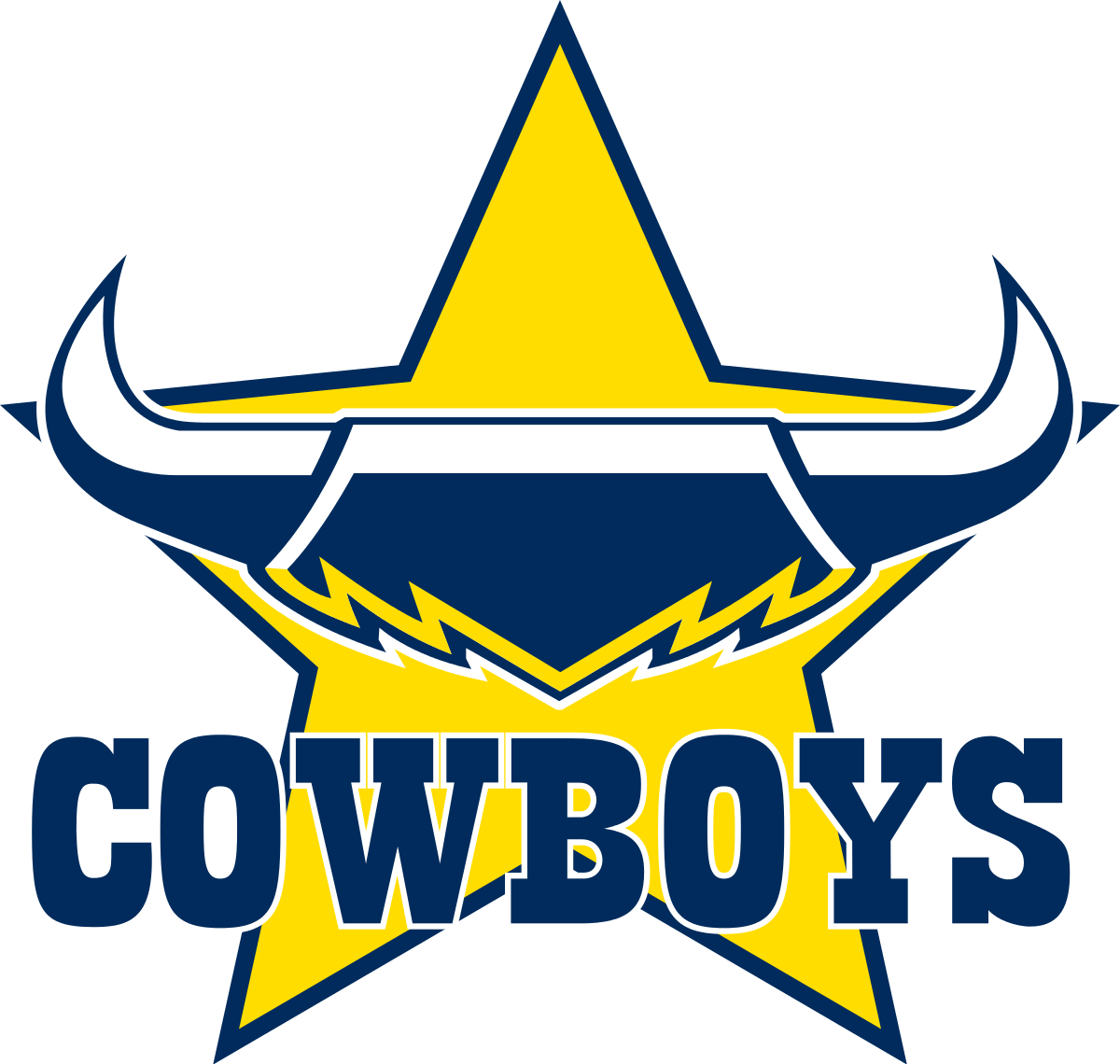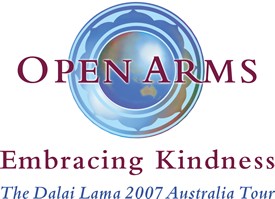
Fortunately, there are many is marijuana addictive effective therapies that can help you get better. Marijuana can be used medically to alleviate stress and pain, as well as to improve appetite. Recreationally, it is for its soothing effects and to achieve the notorious “high.”2 Whether it is legal or not, a growing number of people are struggling with marijuana use. After alcohol, marijuana is the most widely used psychotropic drug in the United States. In some states, the use of marijuana is legal and it’s illegal in others. Additionally, only medical marijuana is legal in some states, while recreational marijuana is legalized in others.
- That is why calling a marijuana hotline can be helpful since users can talk to a compassionate, informed, and empathetic admission navigator who can listen to their concerns, without any judgement.
- You may find it easier to do this when you understand that marijuana addiction is an illness and not a moral failure.
- Look for ways to relieve your symptoms without turning to marijuana and consider reaching out to your healthcare provider for solutions that can help.
- It is not yet known whether marijuana smoking contributes to the risk for lung cancer.
- Finding ways to stay busy can help distract you from some of the unpleasant withdrawal symptoms.
What are the immediate effects of marijuana use?
Your healthcare provider may prescribe medications to treat co-occurring mental health disorders. For example, they might prescribe antidepressants to treat symptoms of anxiety or depression. Cannabis use disorder is more likely to develop in individuals who began smoking weed at a younger age or use the drug heavily.
- Talking with a professional and doing your own research will help you figure out which type of treatment is best for your individual needs.
- With their extensive knowledge of AAC treatment centers and the rehab admissions process, your admissions navigator will help you navigate through treatment options to find the one best suited to your needs.
- Marijuana rehab is also available for individuals struggling with withdrawal symptoms.
- For instance, it can be an effective way to stop your habit and get a fresh start.
- If you are looking for help with your marijuana use disorder, it is essential to review your healthcare options and pick the best type of treatment for you.
What makes Yale Medicine’s approach to cannabis use disorder research unique?
- A weed, marijuana, or cannabis addiction hotline is a toll-free phone number that provides assistance to people who are addicted to marijuana.
- Trying to quit on your own is possible, but it can be challenging without the accountability, support, and guidance of professional treatment.
They can offer the encouragement and support that you need to be successful. One small study published in the journal PLoS ONE found that moderate exercise curbed marijuana use and cravings. Don’t be too hard on yourself if you do make a mistake and smoke again. Research has found that it usually takes people a few tries before they are successful. American Addiction Centers offers a free no-obligation text help line.
Comparison with other substances
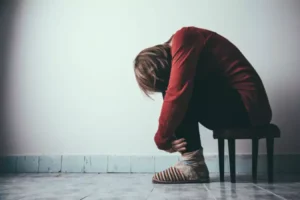
Cognitive behavioral therapy, which helps to identify and modify damaging thinking and behavior, can also help people overcome addictions. One approach, call motivational interviewing, helps to turn ambivalence about quitting into energy to quit. Adolescence, a period during which the brain is undergoing major changes, is an extremely poor time period for young people to try the effects of marijuana. Cannabis use in adolescence has been reported to increase the risk for schizophrenia. Regular or heavy use of cannabis can result in the development of tolerance and dependence. A person will need more and more marijuana to achieve the same effects.
- Calling is risk-free, and it can be an opportunity to better your life.
- However, people who answer hotline calls will not judge you and will be happy to assist you.
- Create boundaries with people who make it more challenging to quit.
Marijuana addiction occurs when a person can’t stop consuming or smoking the drug despite health, social or financial problems. Rehab for marijuana addiction treats underlying causes of addiction and helps people learn to live without substances of abuse. The Substance Abuse and Mental Health Services Administration’s national helpline can help you find a behavioral treatment provider in your area that assists people with marijuana addiction.





